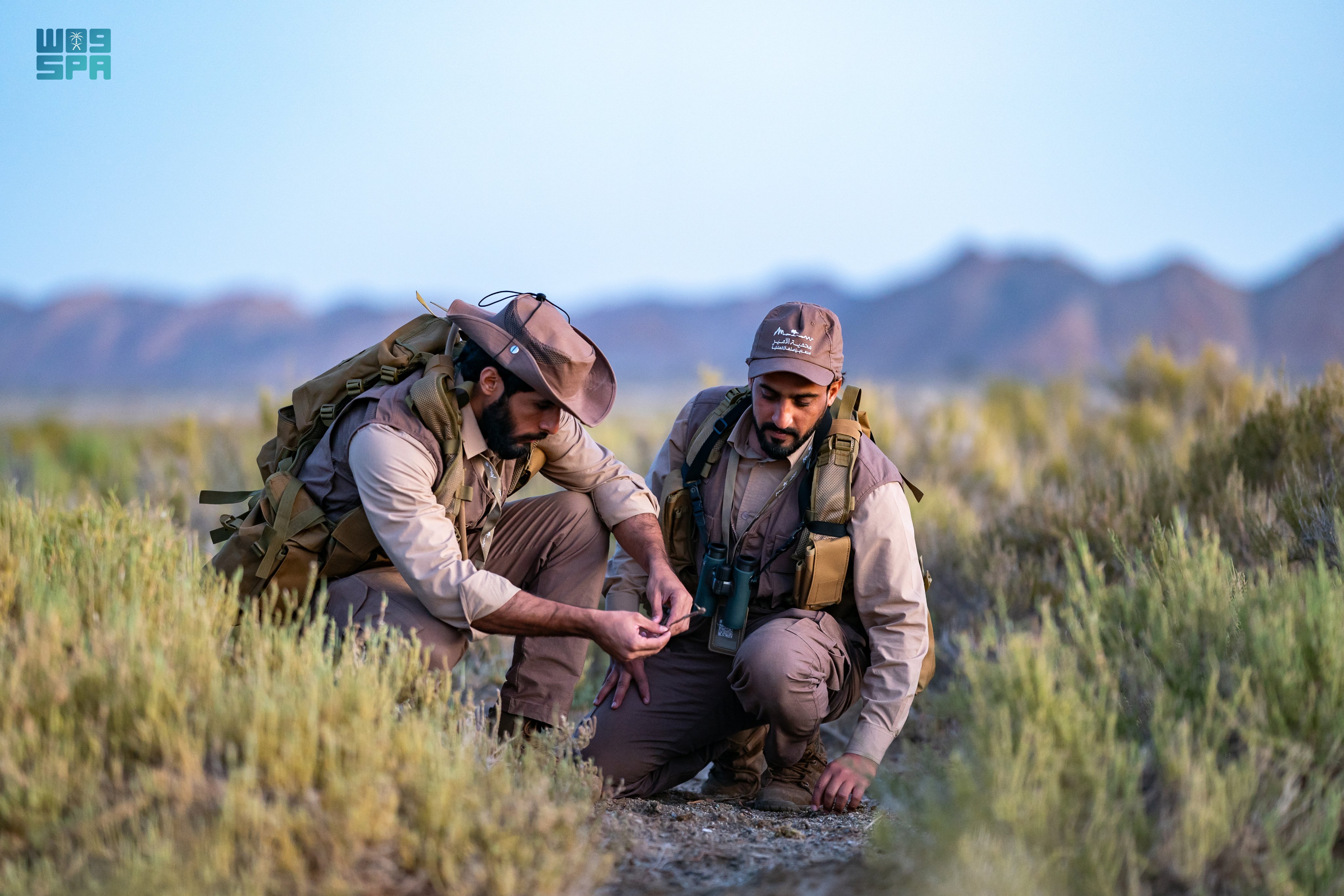RIYADH: The Prince Mohammed bin Salman Royal Reserve Development Authority launched the reserve’s Integrated Development Management Plan, or IDMP, on Thursday.
The board of directors of the reserve is chaired by Crown Prince Mohammed bin Salman.
IDMP is a comprehensive roadmap covering the environmental, economic, social, tourism and cultural aspects of the 24,500 sq km reserve. It includes 15 distinct ecosystems, ranging from mountain ridges to coral reefs in the northwest of the Kingdom.
The Saudi Press Agency reported that the IDMP enables the efficient and effective management of the reserve. It establishes key guidelines for restoring and conserving wildlife in line with the latest global standards, including guiding species reintroduction plans through modern technologies, and setting a framework for developing and enhancing the ecotourism ecosystem.

This includes Red Sea Global’s AMAALA tourism development, which is located within the reserve. It also features in four sites on the UNESCO World Heritage Tentative List for the Kingdom and aims to become the world’s most famous heritage tourism destination for environmental conservation, while achieving a balance with the needs of local communities.
The reserve’s CEO, Andrew Zaloumis, said: “The building blocks are in place to deliver the promise of the IDMP by 2030 — a reserve of global conservation significance rooted in community.
“We have reintroduced animal species, discovered several species new to science, and trained and deployed an effective ranger team of 150 local men and women who play a pivotal role in our mission.”
The authority looked forward to sharing the results of its work with the wider conservation and scientific community, Zaloumis said.
“Thanks to the passion of the Saudi Arabian leadership and the investment and commitment of the government, we are pioneering new techniques and technologies to complement tried and tested management and conservation practices,” he said.

The management plan follows the completion of intensive studies to determine the historical and current state of the reserve’s environment, and the steps needed to restore the ecosystems, flora and fauna to the state it was in a century ago.
The reserve is home to 15 distinct ecosystems, ranging from mountain ridges to life-giving wadis to the coral reefs of the Red Sea, creating an exceptional level of biodiversity.
Twenty-three historically occurring species have been selected for reintroduction, 16 of which are extinct within the reserve’s borders, four of which are critically endangered, and three of which are vulnerable according to IUCN listings, including the iconic Arabian oryx, Arabian leopard and cheetah.
The reserve aims to become a tourism destination that offers visitors a diverse terrestrial and marine experience while ensuring the protection of its ecosystems and biodiversity.
The Kingdom is committed to working with the international community to address the world’s environmental challenges. Key activities such as reducing carbon emissions with the aim of reaching net-zero by 2060, continuing to build the Kingdom’s renewable energy infrastructure, increasing reforestation and enhancing biodiversity, including wildlife and species reintroductions, are underway.
The launch of the IDMP contributes to the Kingdom’s leading position in wildlife reintroduction and conservation, as well as the strategic objectives of the Royal Reserves Council, which focus on protecting wildlife, afforestation, enhancing ecotourism and providing job opportunities.
The objectives of the royal reserves support the Kingdom’s efforts in sustainability and environmental conservation, contributing to the Saudi Green Initiative’s goal of protecting 30 percent of the Kingdom’s terrestrial and marine areas by 2030.
The authority includes local and international experts who lead research and development efforts, enhancing international and local partnerships, and promoting cooperation frameworks to facilitate the exchange of knowledge and the application of best environmental practices.
Their research efforts have contributed to the identification of new species of animals and plants across the reserve’s diverse terrestrial and marine ecosystems.
Given the reserve’s range of ecosystems and its strategic location connecting the major projects of NEOM, AMAALA, Red Sea Global and AlUla, and its partnerships with many specialized local and global entities, it is planned that by 2025 animals will be able to roam freely through a 70,000 sq km environmental corridor.
This will contribute to wider regional environmental restoration efforts, as well as creating rich experiences for ecotourism, balance the needs of local communities and create about 5,400 jobs.































